You’re parched. You grab a bottle of “enhanced water” or “alkaline water,” and wonder: Does this even matter? Meanwhile, there’s still good old tap water, hard water with its chalky taste, and flavored waters that promise hydration with a twist. But what’s the real deal here?
Here’s the short version—some types suit your hydration goals more than others. Electrolyte water after a sweaty gym session? Smart choice. Alkaline for acid reflux? Backed by some solid research. Flavored water just because it’s sweet? Sure, but watch the sugar. And distilled water? Purity, but at a cost. Let’s break this down without the sales pitches and see what’s worth your money.
Natural Vs. Pure: The Hydration Showdown
Whether you’re chugging from the sink or sipping a fancy bottle, understanding what’s in your drink boils down to two big questions: How was it treated? And what did it pick up along the way? Let’s talk about tap water first—it’s been through a filtration process by your local utility. Depending on your area, it might have chlorine in it (to kill bacteria) or even a hint of iron if old pipes are corroding.
But here’s the twist… A 2024 USGS study found that hard water (the kind with calcium and magnesium) can be less ideal for hair and skin, but good for bones if you’re hydrating with it daily. Unless your pipes are spitting it out with lead traces—then filtered or well water might be the safer pick.
Is Spring Water Actually Healthier Than Tap?
Let’s get real. Spring water has this image of being “pure magic,” right? It’s water that’s naturally filtered through rocks before being harvested. Science from HydroFLOW USA suggests it retains beneficial minerals like potassium and magnesium, which tap or filtered water might strip out during purification.
But before you swap your Brita, consider this: Spring water’s purity depends on the source. If the bottle says “from a closed spring” and’s sealed at the site, it’s golden. However, if it’s just a clever label hovering near regular groundwater without standards… Yeah, you’re buying marketing. Check the label’s fine print or dig into Switzerland’s bottled water laws—those guys take mineral content seriously!
What to Know About Well & Artesian Water
Ever drink water from a well and thought, “Hmm, this tastes real messy”? That’s because well water can pick up minerals (like iron or sulfur) along the way. Clean or murky mouthfeel? It all hinges on where it’s drawn from and how it’s handled.
Artesian water? Same idea, except it’s pushed to the surface by natural pressure. No pumps, no machinery. It’s the kind Dr. Pollock at the University of Washington called “EZ water” (the elusive fourth phase we might already have inside our cells). Fancy, right? But hey—if you’re hands-on with hydration, testing well water for contaminants is non-negotiable. Otherwise, your family might end up in a scenario from a KENT Blog article, and trust me… That’s not the vibe we’re aiming for here.
All About the Addons: Enhanced Waters & Their Real Impact
You’ve seen them stacking high on store shelves—flavored waters doing extra. But are they acting like a superhero or a sugar-sneaking saboteur? Spoiler: It’s a mixed bag.
Let’s start here: Enhanced waters often fortify with things like electrolytes or vitamins. Think vitamin-infused water, coconut water hybrids, or mineral-boosted grid. But not all are created equal. Some pump in flavors and sweeteners… Unless it’s electrolyte water designed for athletes, you might end up with a cheap alternative that clouds your real hydration strategy.
Decoding Electrolyte Water: Is It for Me?
Call me biased, but I’ve been pulling for electrolyte water ever since marathoning in 100°F weather. You sweat out sodium, magnesium, and potassium—and plain water just can’t store them back. Enter electrolyte tablets, ORS (oral rehydration solutions), or pre-made drinks from brands vying for your followership.
Ease into the Science
According to the 2023 Kleankanteen article, electrolyte-enhanced drinks help maintain sodium balance—especially for folks doing burn-it-alive workouts or fasting diets where nutrients are low. But here’s the catch: Many options process it with additives. Always check the label for “natural electrolytes” vs. chemically-infused ones.
Flavored Waters: Sweetness or Secret Saboteur?
Okay, pop quiz: Why does flavored water feel so life-saving? Because plain hydration is… well, bland? True, but some flavored waters pack a sugar punch—or artificial sweeteners that throw off your gut microbiome. That’s what a KENT blog study in 2019 flagged—supermarket waters labeled “enhanced” but drowning in high-fructose corn limits.
Here’s what you should zero in on: Zero-calorie flavored waters often use stevia, monk fruit, or sucralose. If you’re carb-loading or diet-conscious, watch how often and how much you’re gulping. Want a treat without guilt? Add slices of oranges or cucumbers to your own drink—DIY flavored.
| Water Type | Pros | Cons |
|---|---|---|
| Flavored Water (Commercial) | Easy to consume, satisfies sweet cravings | Lots of sugar, artificial sweeteners, potential gut impact |
| Flavored Water (DIY) | Sugar-free, loaded with fiber, antioxidants | Less shelf-stable, slower hydration if not pre-made |
The “Purest” Paradigm: Distilled & Deionized Waters
Distilled all the way… sounds fancy, doesn’t it? But pure H2O is almost like hydration in a bubble. The process involves heating water until it’s vapor, then condensing it back to liquid. All minerals? All salts? Gone.
Can You Over-Drink Distilled Water?
It’s not dangerous, but… missing minerals. Tap into a 2024 USGS report, and you’ll see this: Distilled water is ideal if you’re in a region with sketchy pollution, but sip long-term and you might miss out on nutrients linked to blood pressure and bone density.
- Upsides: Ultra-purified—no nasties like lead, heavy metals, or chlorine.
- Downsides: Needs mineral replenishment. The mouthfeel can be… flat.
Deionized water shares a similar vibe, but it’s stripped of mineral ions using electrically-driven filters. Like distilled, it excels in lab settings and industry—heavily in machines that avoid scale—but not your go-to every day.
Balancing the Drawbacks: When Water Types Go Rogue
Hydration = life. But hydration with side skills? Sometimes, it’s a backfire. Let’s chat risks to separate the hype from the health red flags.
Can Alkaline Water Flip Your Stomach?
Alkaline water promises to “neutralize acidity,” but here’s the catch from a Healthline article I peeped: If you’ve got low stomach acid (common with folks managing acid reflux), alkaline might help. However, quaffing liters of it daily for others? Could throw off your gut bacteria or electrolyte regulation. Balance is key.
A real-world sigh moment: A friend of mine swore by alkaline water for months, then realized her bloating swung back. Turned out, her pH was already balanced… The remedy? Tap water + occasional flavored hydration for variety only.
Who Should Avoid Enhanced Waters?
Some “enhanced” waters go hard with additives. Case in point: Not all electrolyte mixes are created for rest of us. For older adults or diabetics, high-sodium or high-sugar waters can overdo it. For folks in a hurry, distilled or deionized water has no minerals—your body relies on those for circadian rhythms, right?
Breathing Life Into Hydration: Making It Work For You
Hydration isn’t just about chugging. It’s about using the right type when it matters. Let me share what I’ve learned from personal experiments and others’ stories:
After I ran a half-marathon in Vegas’s searing heat, I reached for typical electrolyte water—it kept me lucid and physically upright. But every day? Purified through NSF-certified filters was my pick. And when family wellness became a frontline concern, we invested in a KENT reverse osmosis system. You guessed it—our skin improved, coffee brewed smoother, and plumbing stayed calcium-scale-free.
The Flavor Fix: Kickstarting Hydration Success
Now, let’s get a little playful with flavored water. Have you ever tried homemade lemon or orange slices in your bottle? Feels childish? Addicted to berry essence? Ice cubes with mint—normie but underrated. The goal? Get hydration to the point you even forget you’re doing it. P.S.: Sugar stakes high? Hybrid sparkling water + natural flavor drops = guilt-free alternative.
In Summary: Water Types Don’t Have to Be Complicated
I’ve been down this rabbit hole too: alkaline hype, drinks promising spring freshness in a bottle, flavored waters hiding sweet culprits. But here’s something personal a HydroFLOW USA report opened my eyes to—the best water is one you actually drink, not just normalize.
Quick analogy: Hydration is like your morning routine—you can chug Kombucha or… sip water. Both fluids, but one’s straightforward. Yeah, those specialized waters promise gizmos, but the truth hits harder: if you’re sitting on a hot afternoon, a bottle of zero-added water lands better than 12am mineral boosters and ten of the label jargon.
TL;DR? There’s no drinking water that’s universally “best.” But knowing why you sip a specific type? Major game-changer. Are you:
- Rehydrating post-gym? Go electrolyte-infused.
- Craving consistency in cleaning gear or appliances? Purified fixed water options.
- Wanting a sparkle? Sparkling water (no sugar traps, please).
- Just needing bulk hydration? Tap it up with a basic filter—no wizard-approved water needed here.
The Endgame: Trust Your Thirst
- Water isn’t a one-size-fits-all deal—it’s personal. Don’t stress over trends unless the trend better suits your workout rhythm or digestion needs.
- Share your go-to water journey—how’d you decide between mineral water capsules or your countertop filter? Drop a comment!
- Two rules that stick: Always hydrate. Never assume “enhanced” means “better for all.”
Need real help finding water that works AND tastes right? Start at your kitchen sink. Test tap or well water once a year to stay on top. No rocket science needed.
Drink smart. Sip with joy. Your thirst deserves it.

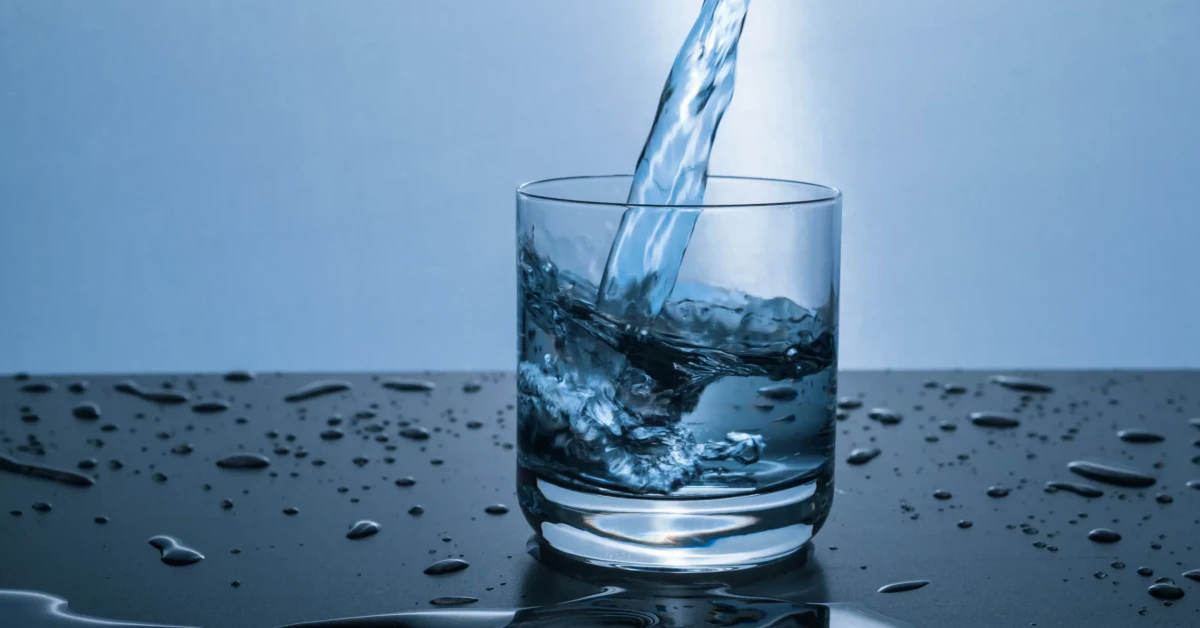

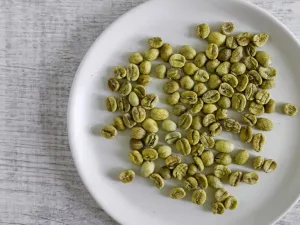
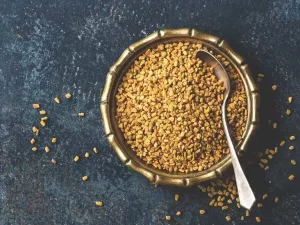


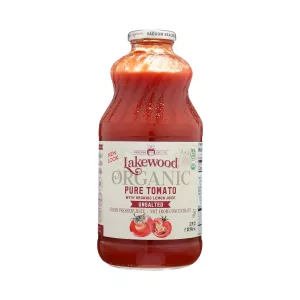

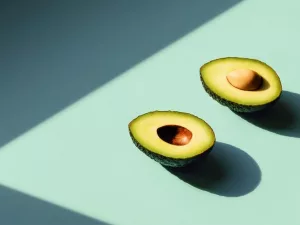

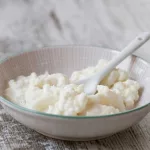





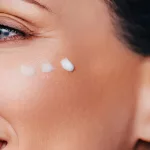


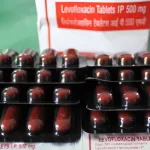
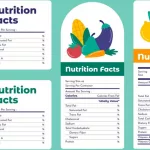
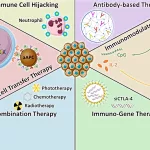


Leave a Reply
You must be logged in to post a comment.